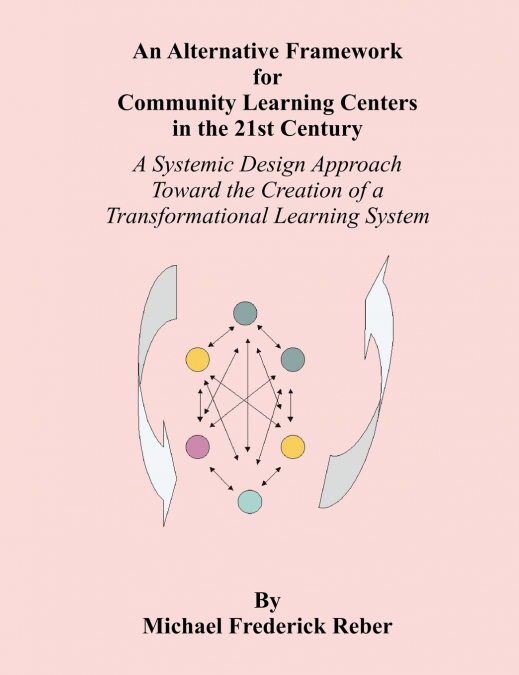
Michael F. Reber / Michael FReber
Public Community Learning Centers (CLCs), at least in the context of the United States, are social structures that have been established to address particular community needs. In the beginning, they were instituted as extensions of state departments human services in order to assist communities with programs such as adult literacy and high school graduation certification. Today, they have taken on a broader role as a result of the Elementary and Secondary Education Act (Title X, Part I) that gives rural and inner-city public schools nearly $2 billion over five years (1999-2004) to develop CLCs for programs such as mentoring in basic skills or helping high school students prepare for college. Despite these noble efforts, public CLCs are still not integral parts of community sustainability. One could argue that a major cause for this is that they are established mainly for political purposes. However, the problem is much deeper. Public CLCs today are unable to serve as sustainable social structures because they lack several foundational principles that assist communities with creating and maintaining sustainability. In short, they do not adequately reflect the values, beliefs, and knowledge of the current community education movement. Thus, an alternative framework within which communities can develop CLCs is needed. Using a systemic design approach toward the design of a community learning system, an alternative framework for CLCs is designed that enables communities to create the conditions whereby they can become self-reliant, self-governing, and sustainable.